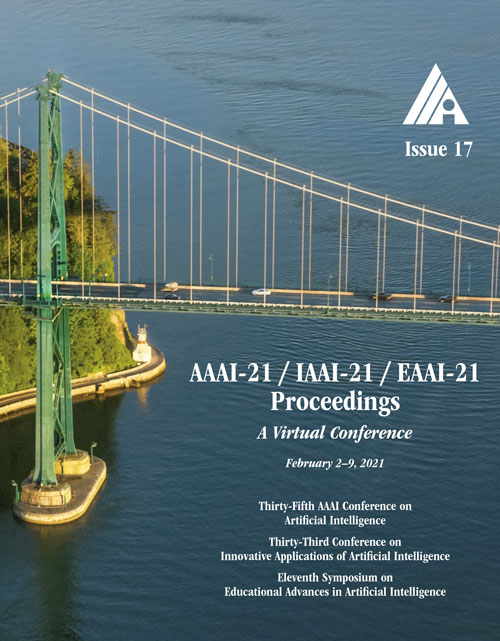Preclinical Stage Alzheimer's Disease Detection Using Magnetic Resonance Image Scans
DOI:
https://doi.org/10.1609/aaai.v35i17.17772Keywords:
Magnetic Resonance Image, MRI, Alzheimer, Transformer, Attention, Recurrent Visual AttentionAbstract
Alzheimer's disease is one of the diseases that mostly affects older people without being a part of aging. The most common symptoms include problems with communicating and abstract thinking, as well as disorientation. It is important to detect Alzheimer's disease in early stages so that cognitive functioning would be improved by medication and training. In this paper, we propose two attention model networks for detecting Alzheimer's disease from MRI images to help early detection efforts at the preclinical stage. We also compare the performance of these two attention network models with a baseline model. Recently available OASIS-3 Longitudinal Neuroimaging, Clinical, and Cognitive Dataset is used to train, evaluate and compare our models. The novelty of this research resides in the fact that we aim to detect Alzheimer's disease when all the parameters, physical assessments, and clinical data state that the patient is healthy and showing no symptoms.Downloads
Published
2021-05-18
How to Cite
Altay, F., Sánchez, G. R., James, Y., Faraone, S. V., Velipasalar, S., & Salekin, A. (2021). Preclinical Stage Alzheimer’s Disease Detection Using Magnetic Resonance Image Scans. Proceedings of the AAAI Conference on Artificial Intelligence, 35(17), 15088-15097. https://doi.org/10.1609/aaai.v35i17.17772
Issue
Section
IAAI Technical Track on Highly Innovative Applications of AI

